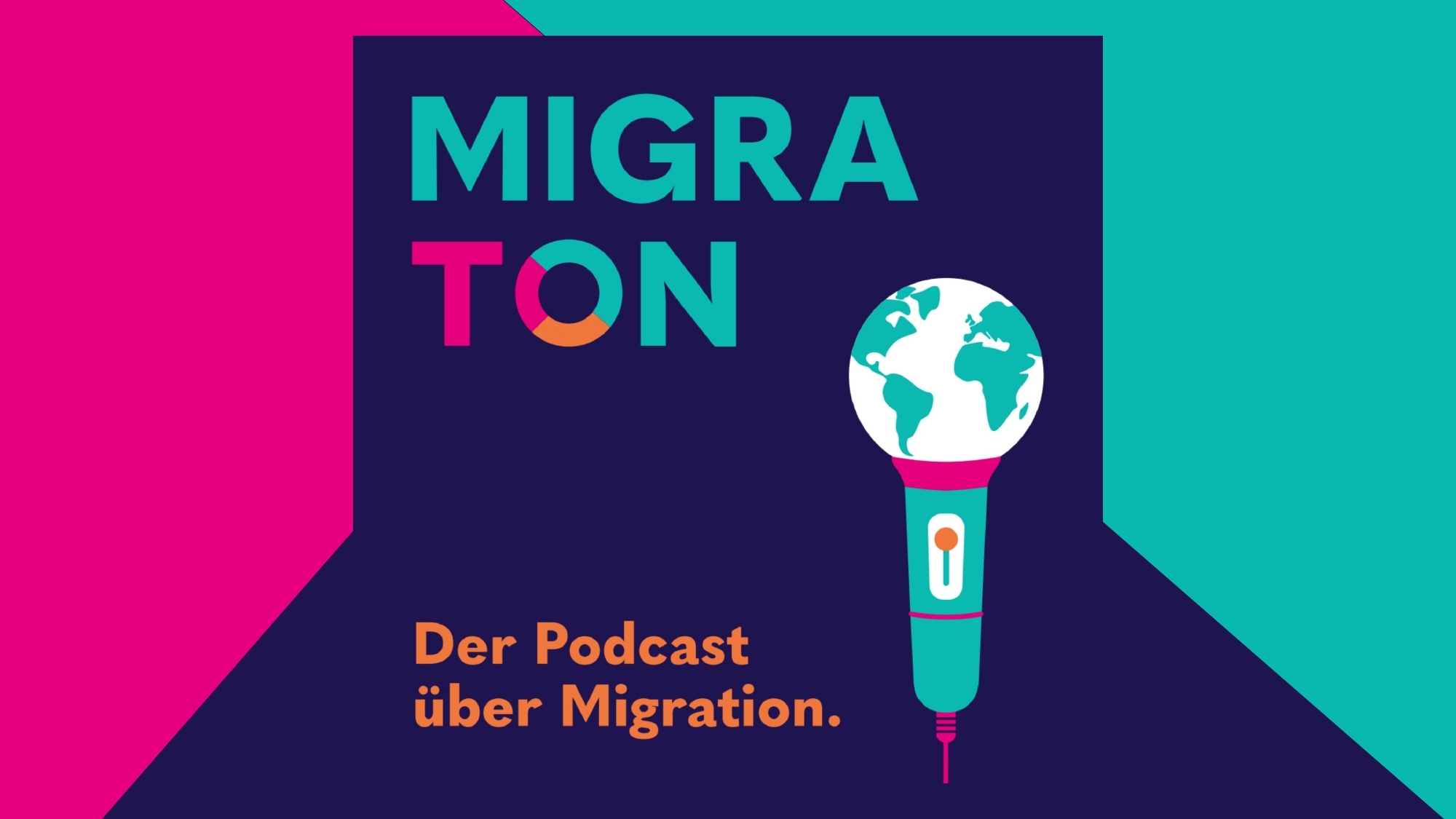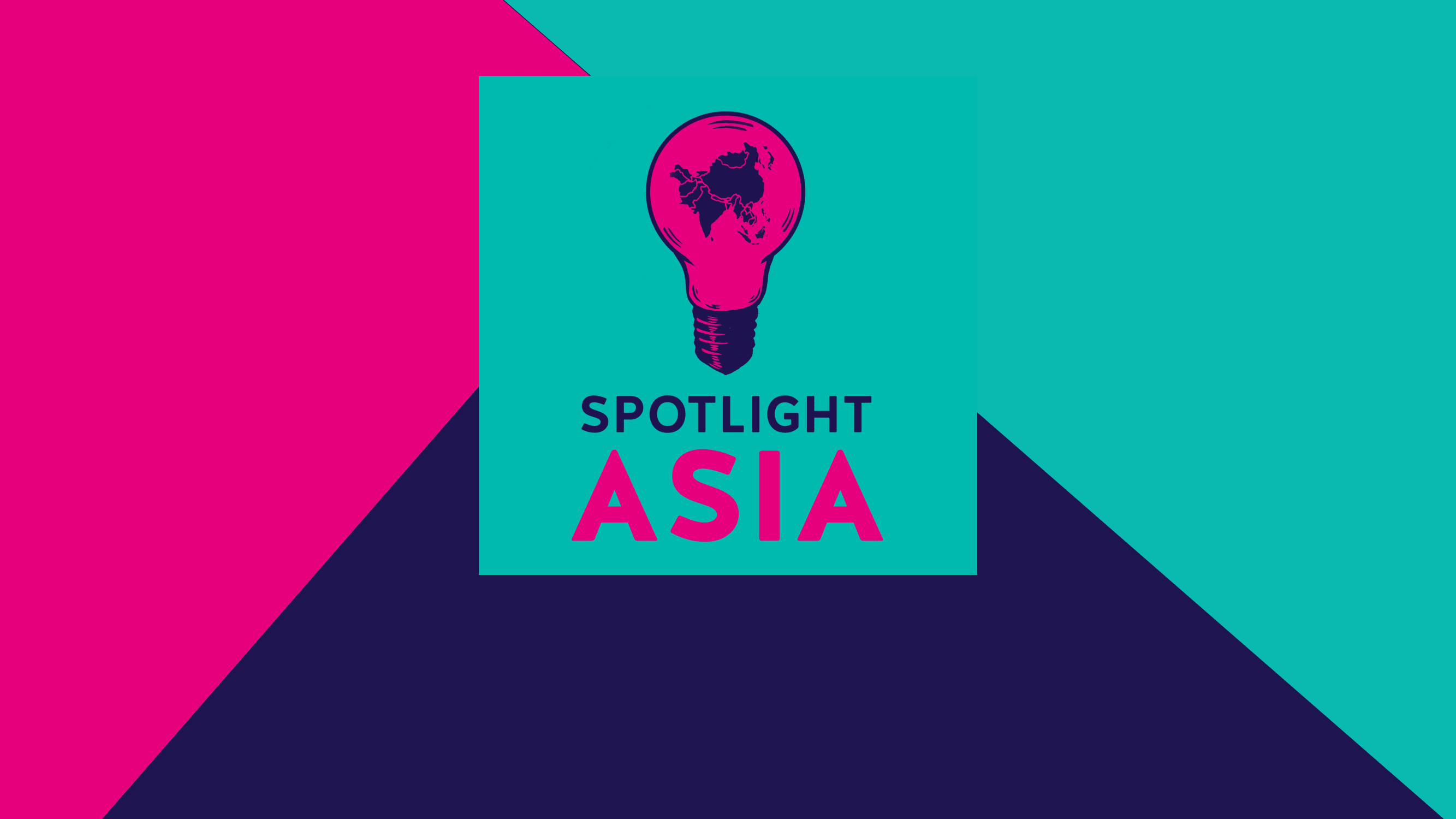13. OKT | WRITING THE ALTERNATIVE Media and Politics in Hungary and Poland
Dear friend of Polis180,
We are pleased to bring you an evening of discussion with the expertise of young journalists from Hungary and Poland:
Writing the Alternative: Media and Politics in Hungary and Poland
13 October 2016, 19:30 pm
@B-Lage Bar
(Mareschstr. 1, 12055 Neukölln, S Sonnenallee)
Our guests are young journalists from Kettös Mérce (Double Standard) in Hungary and Krytyka Polityczna (Political Critique) in Poland, who will discuss the challenges of independent political media in both countries. In German media, the current politics of Eastern Europe are often reported on in a very simplified way.
After short input statements by the experts you will have the possibility to directly ask the speakers all your heart’s questions in a group discussion format. During this collaborative event we want to brainstorm future solutions: What are the possibilities for alternative media in the respective countries? How can they better support local and regional social movements? How can they receive a stronger voice in the European public discourse?
Kettös Mérce and Krytyka Polityczna are successful in representing the different voices of the politically active generation in their countries and form partnerships in the whole region through the international media platform Political Critique. Their reports on national and foreign politics, as well as local social movements, enable a critical discussion and political education.
Our invited experts are:
Zsolt Kapelner (Kettös Mérce) lives in Budapest and is a regular contributor to Kettös Mérce. He writes on the politics of the Visegrád region (Poland, Hungary, Czech Republic, Slovakia). He also teaches philosophy at Budapest’s Eötvös Lórand university.
Mislav Marjanovic (Krytyka Polityczna) is originally from Zagreb. He writes for Political Critique, the Croation edition of Le Monde diplomatique and Kulturpunkt.hr. He publishes about the rise of nationalisms in the Balkans.
Kaja Puto (Krytyka Polityczna) is journalist, editor, publisher and refugee activist interested in Eastern Europe, Southern Caucasus, migration and European issues.
Nikolett Suha (Kettös Mérce) is a human rights professional. She writes for Kettös Mérce from Berlin and co-founded the page Habiszti! which focuses on Roma-related issues.
Przemyslaw Witkowski (Krytyka Polityczna), PhD is a university teacher, journalist and columnist. He publishes regularly in Gazeta Wyborcza, Krytyka Polityczna and the Polish edition of Le Monde diplomatique. He is interested in new left and social movement arising in Poland.
Participation is free. Food (KüFA for Africa Unity) and drinks can be purchased at the bar.
Looking forward to seeing you at B-Lage!
Judith, Kassandra, and the EU programme
About the organizations:
Kettös Mérce was formed as a personal blog by editor-in-chief András Jámbor in 2008. Kettős Mérce has now more than 50 members, around 20 members being involved in running current projects. A new website is to be launched in the near future, and, on the long run, the members are strongly determined to contribute to the formation a new leftist movement in Hungary. The writers are often activists themselves, bringing in their perspective on current issues affecting the Hungarian population. With the help of social media Kettős Mérce continuously reports on ongoing events, demonstrations and incidents. Its Facebook page has more than 97 000 followers. With a focus on national politics, the magazine also covers foreign issues and manages to be an independent voice to the state-controlled mainstream media. Through workshop series and a printed edition, the editors aim to also reach parts of the population, that do not read news on the internet.
Krytyka Polityczna the largest Central and Eastern European liberal network of institutions and activists. It was established in 2002 following the publication of an Open Letter titled, “The Open Letter to the European Public Opinion”, demanding a more open and integrated European policy from the Polish elites. Krytyka Polityczna consists of the online Dziennik Opinii (Opinion Daily), a quarterly magazine, a publishing house, cultural centres in Warsaw, Łódź, Gdańsk and Cieszyn, activist clubs in a dozen cities throughout Poland as well as in Kiev and Berlin and a research centre: the Institute for Advanced Study in Warsaw. It employs over sixty people and works with a few hundred volunteers. Krytyka Polityczna organizes around 1,500 events and activities every year.
Buchungen sind für diese Veranstaltung geschlossen.


